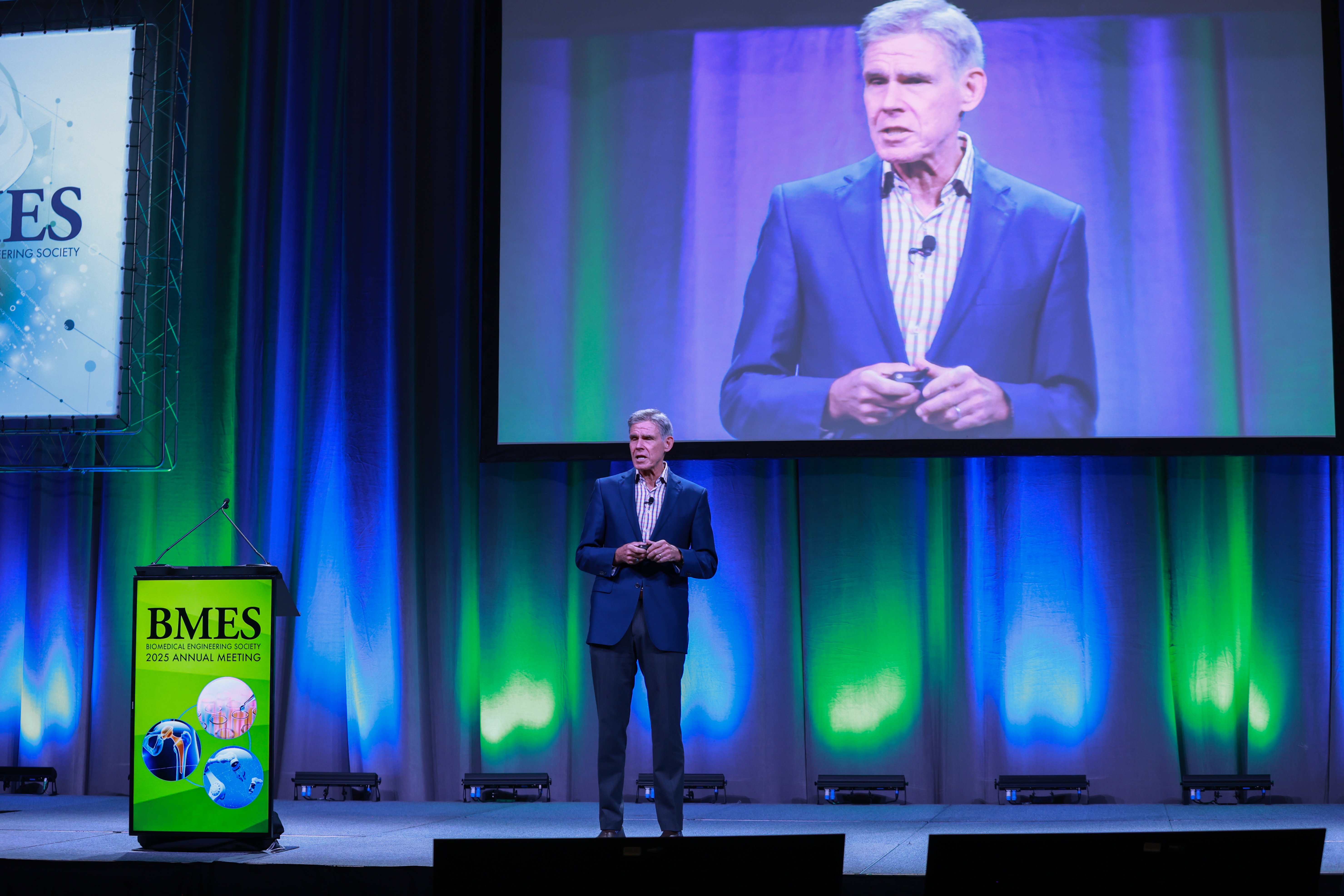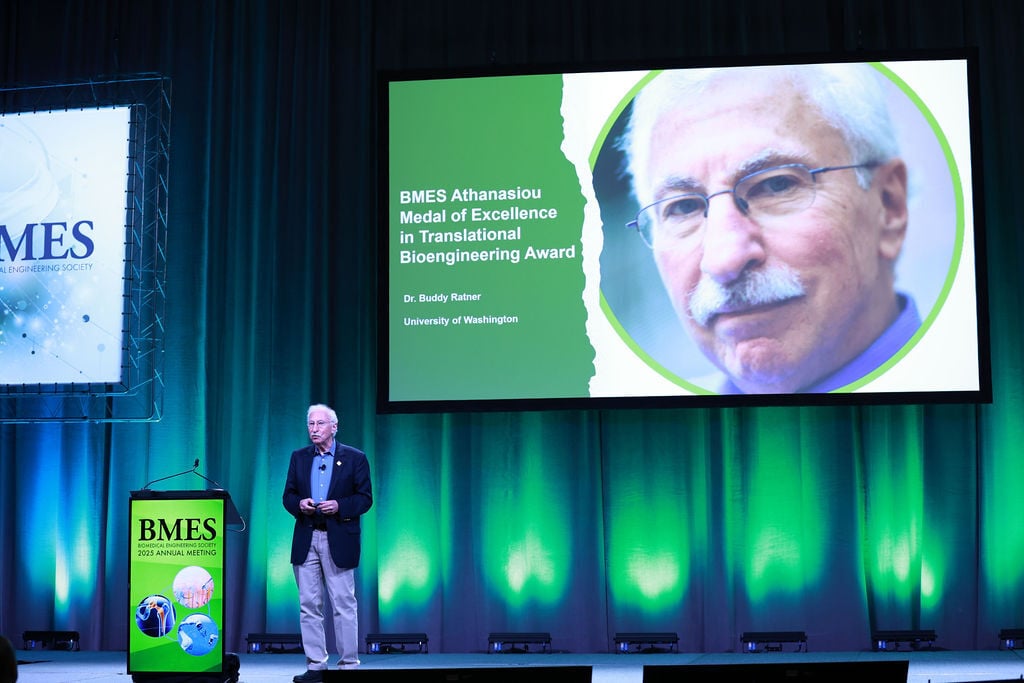2025 BMES Annual Meeting Post Show Wrap-Up
Bridging Healthcare Gaps Through Biomedical Engineering The Biomedical Engineering Society (BMES) is excited to share the official 2025 Annual...
BMES serves as the lead society and professional home for biomedical engineers and bioengineers. BMES membership has grown to over 6,700 members, with more than 110+ BMES Student Chapters, three Special Interest Groups (SIGs), and four professional journals.
Welcome to the BMES Hub, a cutting-edge collaborative platform created to connect members, foster innovation, and facilitate conversations within the biomedical engineering community.
Discover all of the ways that you can boost your presence and ROI at the 2024 BMES Annual Meeting. Browse a range of on-site and digital promotional opportunities designed to suit any goal or budget that will provide maximum impact.
A team of researchers led by Virginia Commonwealth University College of Engineering and the University of Florida has found a possible mechanical explanation for how cell structure and tissue can be disrupted, VCU reports. The findings could provide clues into what happens in diseases such as cancer.
Daniel Conway, Ph.D., associate professor in the Department of Biomedical Engineering, is investigating the role of mechanical forces on cells and what makes normal cells stable, according to the article.
Epithelial cells, which separate the body from the outside environment and provide barriers between different areas inside organs such as the liver, are critical for tissue and organ function. Problems with these cells are linked to defective wound healing and the development and progression of cancer.
Conway is a co-author of a study that identified the importance of a group of proteins known as the nuclear linker of nucleoskeleton to cytoskeleton (LINC) complex, which anchors the nucleus to the cellular cytoskeleton, the article states. Conway is a BMES member.
The study using 3D culture models of acini, or cysts or spheroids, suggests that mechanically disrupting the LINC complex destabilizes the acini. The article will be published in Current Biology.
“We are interested in how the nucleus inside the cell is mechanically integrated into the cellular cytoskeleton,” Conway said. “If you disrupt the structure mechanically, the cells — and by extension, the tissue — are disturbed.”
Read more HERE.

Bridging Healthcare Gaps Through Biomedical Engineering The Biomedical Engineering Society (BMES) is excited to share the official 2025 Annual...

For Buddy Ratner, BMES Member and Professor of Bioengineering and Chemical Engineering at the University of Washington, translational bioengineering...

Two new Editors-in-Chief were selected for two prestigious Society journals: Keefe Manning, was named the new Editor-in-Chief of the Cardiovascular...

1 min read
A study on molecular interactions by biomedical engineers in the University of Minnesota's College of Science and Engineering will make it easier and...

Worcester Polytechnic Institute researcher and BMES Fellow Kristen Billiar has been awarded a $154,000 grant from the American Heart Association to...

1 min read
A new Northwestern University study has discovered that the packing of the three-dimensional genome structure, called chromatin, controls how cells...